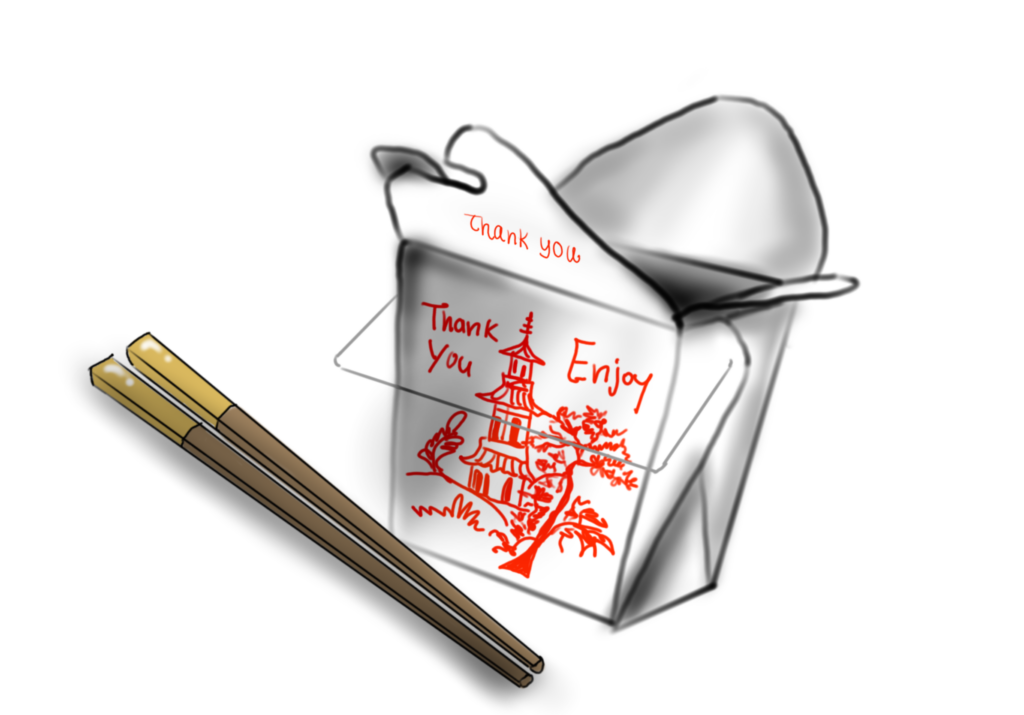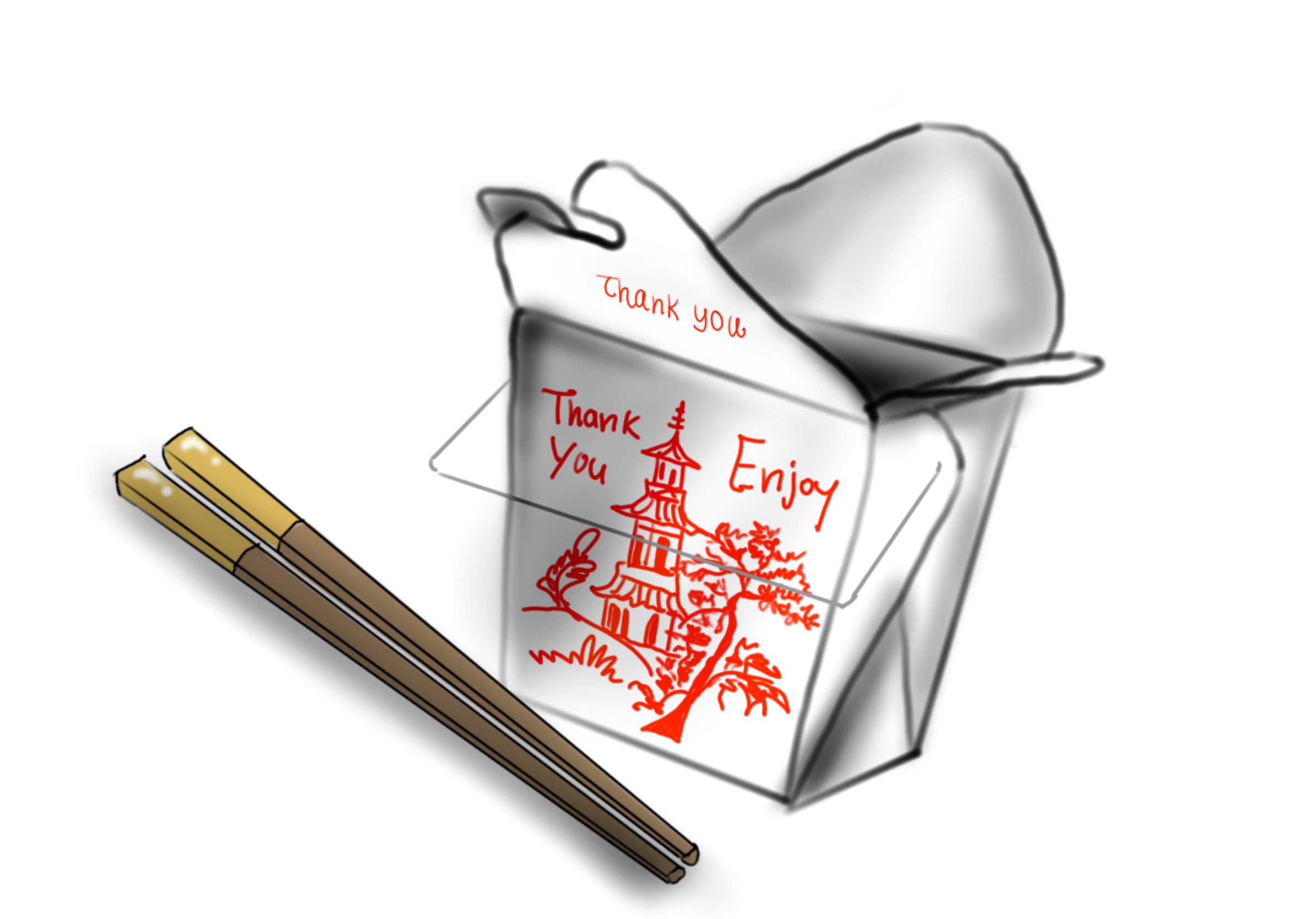My mom is an immigrant from China. She speaks Mandarin. She is culturally and ethnically Chinese. She cooks Chinese food every night. She even complains when the local restaurants are not authentic — according to her, most of them suck.
But weirdly enough, she also enjoys American Chinese food. When she wants to meet with her friends, who are also Chinese immigrants, she likes to have lunch with them at P.F. Chang’s. She likes Panda Express, and she is quick to point it out whenever we are at a food court with one.
Why, then, does American Chinese food seem to have a bad reputation among Chinese Americans? I see this kind of sentiment on the Internet: how American Chinese food, like Panda Express, isn’t “real” Chinese food, how it’s so much worse than actual Chinese food, how it’s “fake” and “unauthentic,” or when people joke about how eating it would be a disgrace to their family. While a lot of these things are technically true — I can’t deny that it’s not as good as authentic Chinese food — they give American Chinese food too much flack.
American Chinese food deserves to be seen as its own legitimate cuisine. It’s important to distinguish American Chinese food from authentic Chinese food. They are not the same cuisine and should not be treated the same. That’s why my mom complains when local Chinese restaurants aren’t authentic, but still enjoys Panda Express; on some level, she regards these cuisines as entirely distinct. American Chinese food isn’t trying to be like authentic Chinese food — it’s its own thing.
Like American Chinese food, many foods are borrowed from different cultures. Ramen originated from China, but we associate it with Japan because Japanese people made their own version of the dish. Japan also has its own form of curry. Should we shun Japanese ramen and Japanese curry, then? Of course not. And American Chinese cuisine isn’t even the only variation of Chinese cuisine that exists: Indian Chinese cuisine is a popular fusion spin-off, for example.
In fact, American Chinese food is often created by Chinese immigrants themselves adapting their cuisine to cater to the American taste palette. It’s not necessarily a bad thing to have to adapt, as people from different countries will always have differences in taste; that’s just how it is. So there’s nothing wrong with going out to an American Chinese restaurant, because chances are that you’re supporting a “real” Chinese business. In this way, American Chinese food actually is real Chinese food.
I find that Chinese Americans themselves, especially second-generation people like me, are the most likely to shun American Chinese food. At least, that’s where I hear most of the complaints coming from. I can understand that sentiment — perhaps in seeking a closer connection to their culture and the food they grew up with, they get annoyed with the American alternatives. And perhaps disparaging American Chinese food makes them feel as if they’re closer to their Chinese roots, although putting down Panda Express doesn’t accomplish that.
I’m always going to be an orange chicken defender. If only they could get a Panda Express on campus rather than just The Wok…


